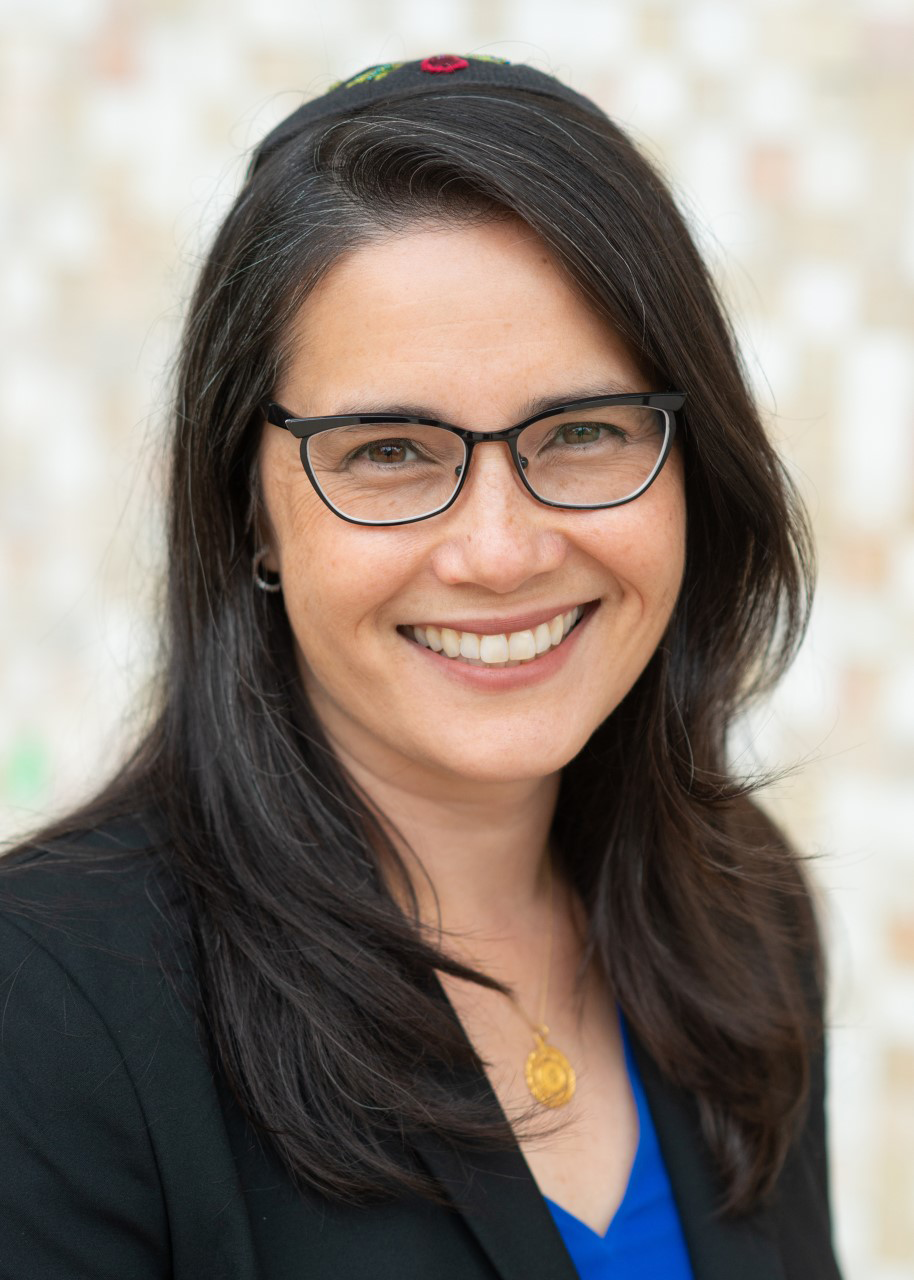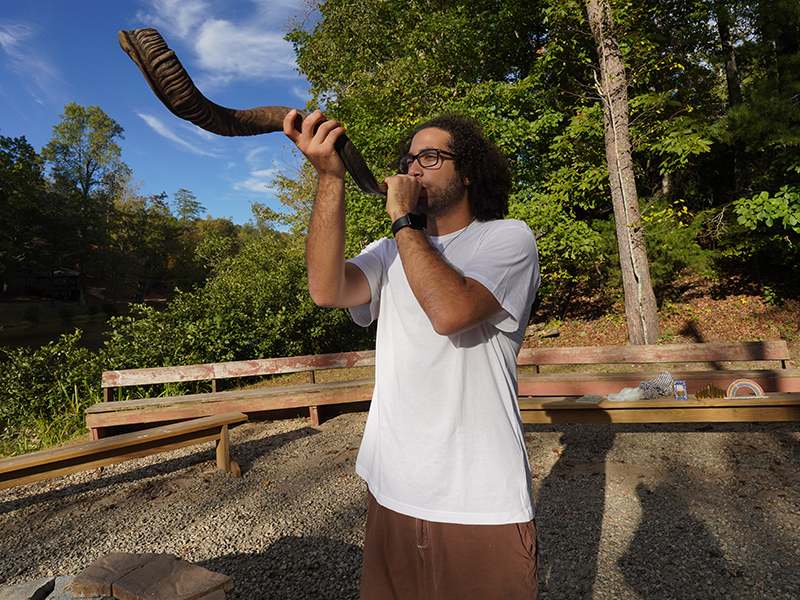From the perspective of a tree, the seed is the most important part of the fruit that it produces. The seed holds the promise of the future and the hope for new generations. However, the seed is not likely to be successful if it takes root at the foot of the parent tree. Therefore, the tree produces sweet flesh around the seed to entice animals to pick it up. They eat the flesh, then deposit the seed elsewhere, often encased in fertilizer. This gives the seed the best chance to take root and grow.
There are parts of the Torah that could be classified as seeds or flesh. The seeds are the gems that are timeless, that enable generations to grow and ideas to be nurtured. The seeds sprout new possibilities and, ultimately, new life. The flesh of the fruit, however, represents those passages in the Torah that are stuck in time and can be problematic. They may have seemed sweet at the time, perhaps because they reflected the status quo and thus felt right to the folks who included them. But now the sweetness has worn off; all we are left with is decay.
I wrestle with Torah on a daily basis. I see it as a document that reaches for ideals while representing the times in which it was written. I wrestle with it because it is sexist, racist, homophobic, and ableist. I wrestle with it when it includes the declaration to the first woman that her husband will rule over her (Genesis 4:16) and that no man with a "defect" such as blindness or lameness can offer food to God on behalf of the people (Leviticus 21:18). For centuries, people have used these passages and others like them to justify oppression, exclusion, and even violence. These are the passages that ultimately supported the status quo, and therefore must have seemed sweet and right to many generations. I wrestle with Torah because these elements work against the openness and understanding we hope to achieve in our communities and our world.
At the same time, I champion Torah on a daily basis. It offers beautiful ideals and maxims to live by, such as "Love your neighbor as yourself" (Leviticus 19:18) and "God created humankind in the divine image" (Genesis 1:27). Additionally, there are texts that acknowledge everyone's rights and recognize everyone's potential for power and influence. As we reach the end of the book of Deuteronomy, we have a number of such texts. In this week's Torah portion, Vayeilech, we read:
"Gather the people-men, women, children and the strangers in your communities-that they may hear and so learn to revere the Eternal you God and to observe faithfully every word of this Teaching." (Deuteronomy 31:12)
Elsewhere in the text, "the people" often denotes men of specific ages, who do not have a disability, and who are considered citizens. We find these perspectives even in texts that are attempting to be inclusive. But here, in Chapter 31, it is clear that "the people'' means all the people. Everyone is supposed to gather, no matter their gender, physical ability, or status as Israelites. All people are obligated, all people are covenanted, and all people have the ability to pass this tradition onto the next generation. I'm grateful for these texts that act as seeds, that offer a view of the world that I can share and upon which I can build.
As difficult as the challenging texts are, I believe that it is because of their inclusion, because they reflected the times so that the status quo found the text palatable, that the seeds were able to make their way to our generation.
So, I will continue to wrestle and call out the texts that have soured and decayed, even as I try to unearth the seeds that will help grow the next generation. I recognize that I, too, will see some of the decay as sweet fruit, and only the future of Judaism will understand the ways our own generation clings to our status quo, even as we do our best to make progress. I hope they will be as grateful as I am to receive a tradition that they can both wrestle and champion.
Explore Jewish Life and Get Inspired
Subscribe for Emails


